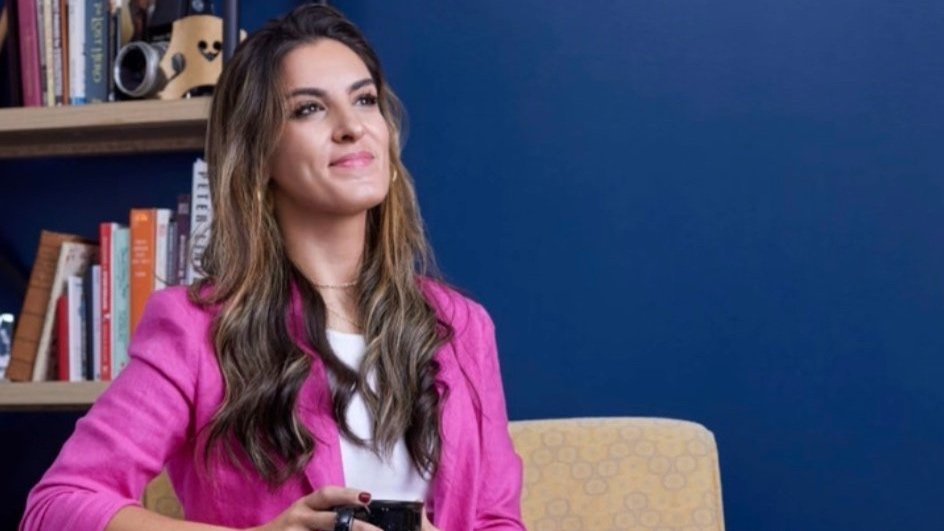The Backwards Bicycle & Procedural Behavior
Trauma Therapists Consultation Groups
The Anatomy of Change & Procedural Behaviors
I'm loving the replies to the questions I sent last week - to
"what does success mean to you?"
Your replies inspired me.
And got me thinking about the things that help us be aligned with our values and goals - personal and professional.
And, the things that pull us away from those values.
"To be more present with my kids/partner"
"To make my home a space of more peace and less fighting"
"To take better care of my money habits"
"To reconnect with my spirituality"
"To stick to my boundaries"
"To take steps to grow my practice"
"To take better care of my health"
Humans are creatures of habit.
So, with all this talk about success or living a meaningful life sounds nice, but how do we actually make a change? How do we re-align with what matters to us?
We commit to a behavior and we take actionable steps.
For example "I want to have a more peaceful home" -
I'd ask you - what does your home need to be more peaceful? Are there hard conversations that need to be had? What are your children/partner or roommate needing? And what are you needing to look at to make a change.
Small shifts is where the change happens
I get that changes aren't shiny and are often smaller than we'd like, but the truth is, small shifts add up over time.
Just like we encourage our clients to be consistent with their therapy - and to show up to the "work", our daily choices matter. A lot.
Stuck? maybe you need a deeper shift..
Trauma Therapist Skills & Geeking out on "the anatomy of change"
When we are stuck, sometimes we need to make a change from the inside out, so we can create a new neural pathway that supports different behaviors.
Procedural Behaviors to Make Change
Procedural Behaviors is a term I use often, when a client has a disconnect between what they want- and what they are doing.
It's a common term used in my Group Practice team meetings, in my Trauma Training & in Clinical Consultation- and in life!
Essentially it's that we have certain behaviors that we use - again and again- and it's become procedural - which means automatic. We can change behaviors - but it takes a new "habit forming" practice.
Don't believe me? Watch the Bicycle video below.
[it's got 30 MILLION views]
The video shows how someone CAN shift their learned behaviors. And I LOVE working with this concept in real-time and teaching therapists how to apply certain interventions in session to help you clients start making shifts. You, as well as I know that good therapy really can and does lead clients to changes.
[Want to deepen your clinical skills? scroll below for my offer ]
Do the one thing that will lead you to a more meaningful life. Yes, you deserve it.
[ just like your clients do].
Let this be a gentle push or a loving reminder that you matter and your choices lead you to the kind of life you want.
p.s. want to learn some somatic or experiential tools so you can embody changes - and help your clients embody deeper changes in behavior - from their therapy?
Trauma Therapist Consultation Groups
I'd love to help you. I've opened a Consultation Group for Therapists you're welcome to apply!
Here is the application form.
And if you've got questions, reply to this email.
I love hearing from you.
Warmly,
Esther


